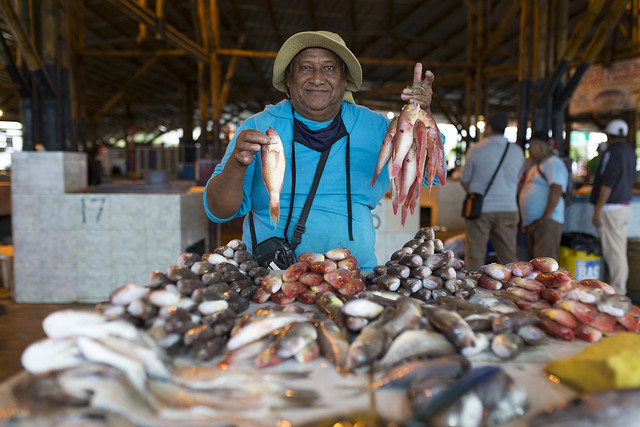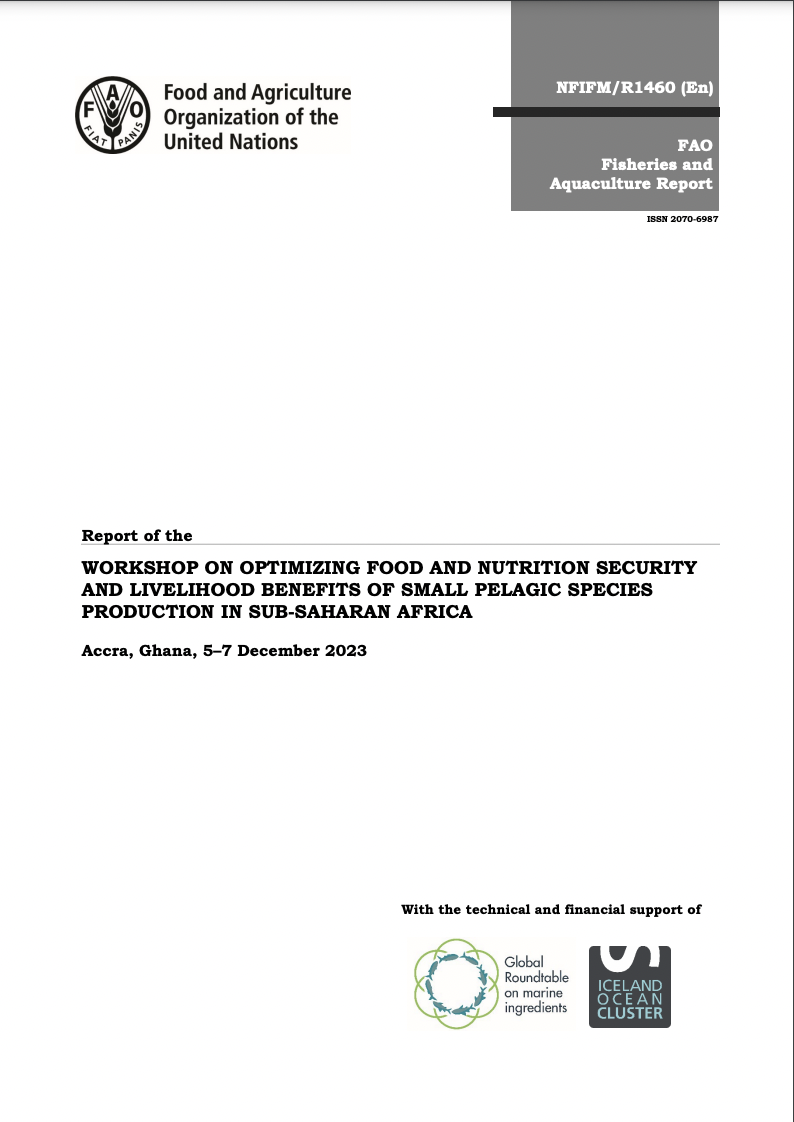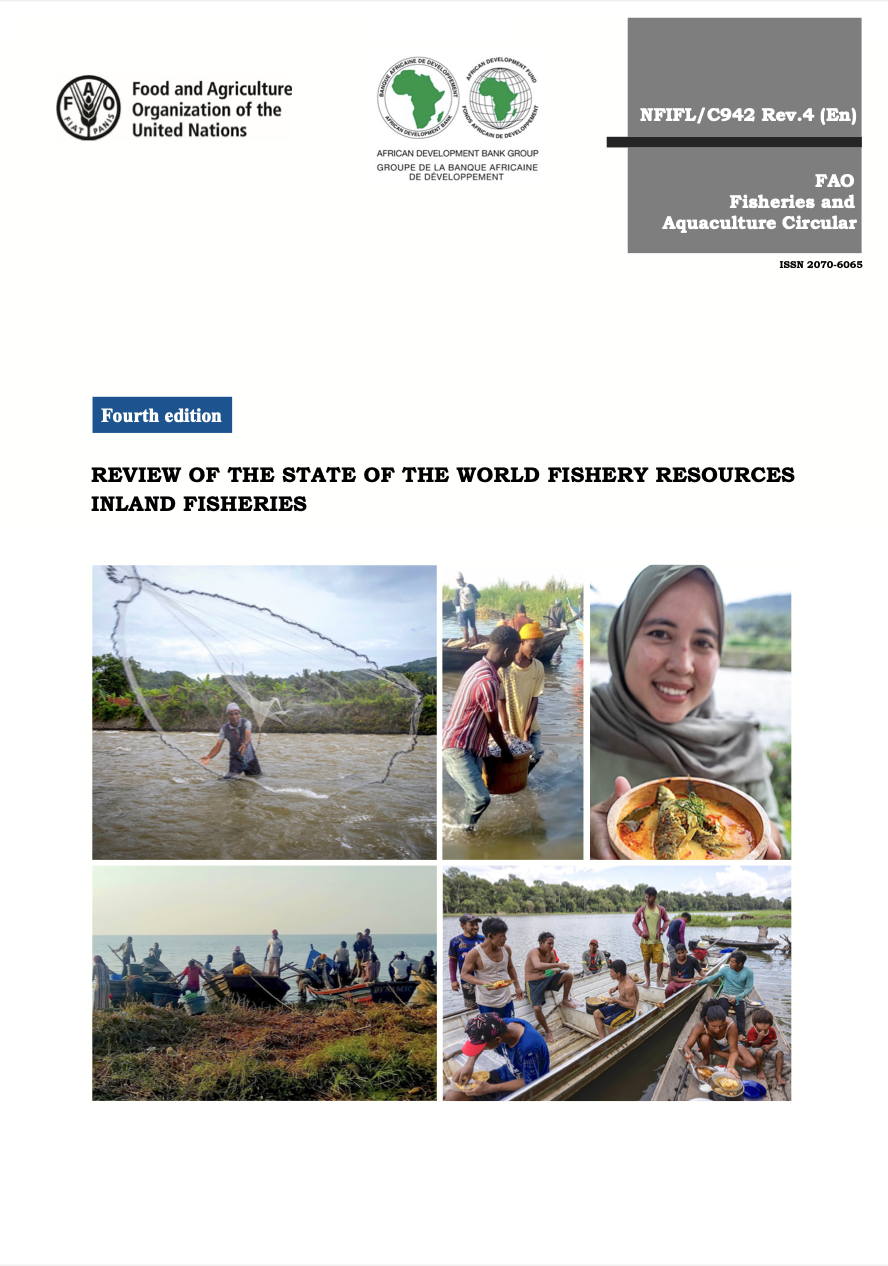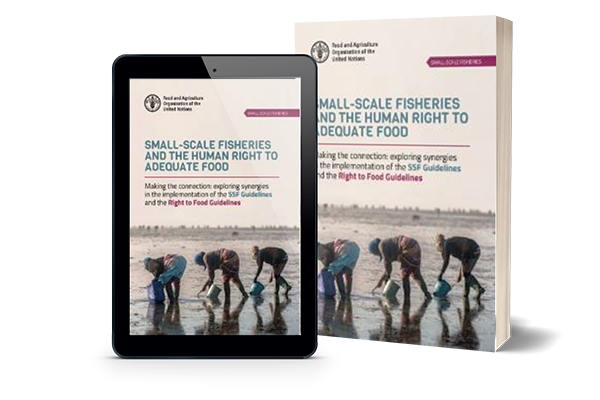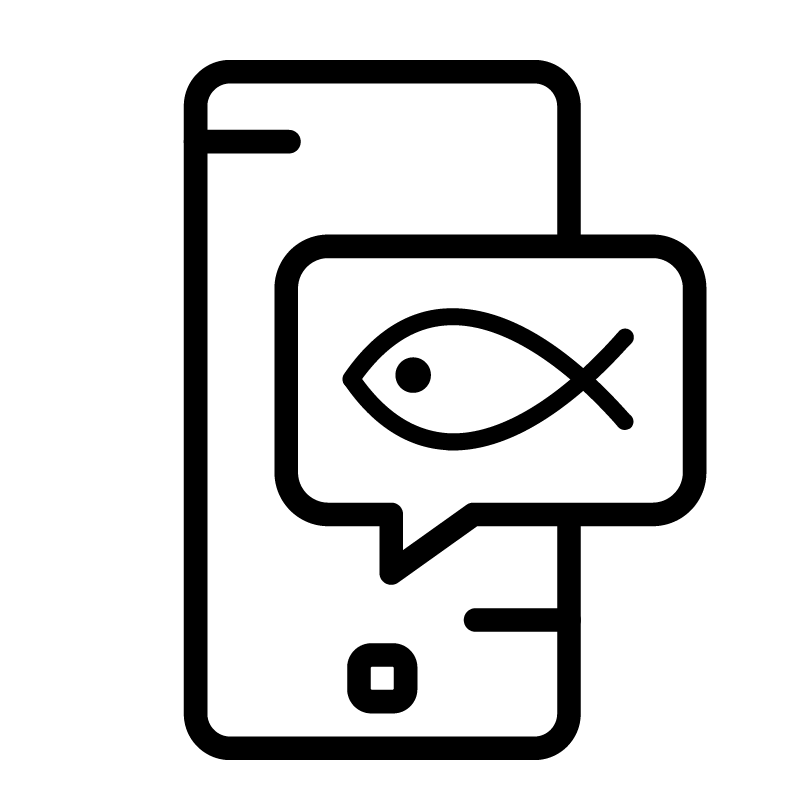Small-scale fisheries, including all activities along the value chain, are truly important for food security and nutrition, both at the local level and globally. They play an essential role in reaching zero hunger by 2030, as set out in the Sustainable Development Goals (Goal 2).
For many people in developing countries, fish and other seafood caught by small-scale fishers are particularly important for their health. Without it, many could not afford to eat enough proteins, omega-3 fatty acids, or essential micronutrients such as vitamin A, iron, calcium, vitamin D, zinc and iodine on a regular basis.
But despite small-scale fisheries' importance to food security and nutrition, many fishing communities continue to be marginalized, and their contribution to food security and nutrition is not fully realized.
Food security and nutrition in the SSF Guidelines
As the name of the Voluntary Guidelines for Securing Sustainable Small-Scale Fisheries in the Context of Food Security and Poverty Eradication indicates, ensuring food security is a top priority in the SSF Guidelines. In fact, the first of the six main objectives is "to enhance the contribution of small-scale fisheries to global food security and nutrition and to support the progressive realization of the right to adequate food". In this aspect, the SSF Guidelines complement the Voluntary Guidelines to support the Progressive Realization of the Right to Adequate Food in the Context of National Food Security, also known as the Right to Food Guidelines.
The SSF Guidelines call on states and other actors to establish coherent policies where food security and nutrition are favored. For example, states have a responsibility to make sure that international export and trade of fish does not leave local markets depleted of fish that could meet the nutritional needs of their own citizens.
The SSF Guidelines also stress how important it is to do research on the role of small-scale fisheries in food security and nutrition. States are urged to make information available that can guide responsible small-scale fisheries and sustainable development in relation to food security with particular attention to vulnerable and marginalized groups. States furthermore have a responsibility to monitor progress towards implementing the objectives in the SSF Guideline – not least the right to adequate food.
One main objective of the SSF Guidelines is “to enhance the contribution of small-scale fisheries to global food security and nutrition and to support the progressive realization of the right to adequate food”. The importance of food security and nutrition is stressed throughout the SSF Guidelines.
SDG 2: End hunger, achieve food security and improved nutrition and promote sustainable agriculture
Target 2.3: By 2030, double the agricultural productivity and incomes of small-scale food producers, in particular women, indigenous peoples, family farmers, pastoralists and fishers, including through secure and equal access to land, other productive resources and inputs, knowledge, financial services, markets and opportunities for value addition and non-farm employment.
Indicator 2.3.1: Volume of production per labour unit by classes of farming / pastoral / forestry enterprise size
Indicator 2.3.2: Average income of small-scale food producers, by sex and indigenous status
Explore the SSF Guidelines Flickr album on Food security and nutrition
Publications
Did you know?
Fish provides more than 20 percent of the average per capita animal protein intake for 3 billion people (more than 50 percent in some less developed countries) and is especially critical for rural populations, which often have less diverse diets and higher rates of food insecurity.
Source: The State of World Fisheries and Aquaculture 2018, FAO, 2019
Get to know the SSF Guidelines
- Responsible governance of tenure
- Sustainable resource management
- Social development and decent work
- Value chains, post-harvest and trade
- Gender equity and equality
- Disaster risk and climate change
- A human rights-based approach
- Indigenous peoples and small-scale fisheries
Contact

